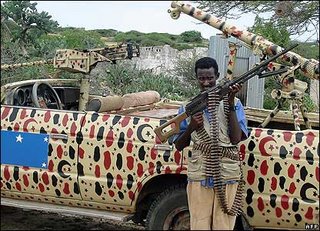Retorik, diplomati og verdenspolitik
Fra september og frem skal jeg undervise i et nyt kursus jeg udvikler. Det handler om sprog og verdenspolitik, krig, diplomati og statsmænd og kvinders retorik. Skynd dig at meld dig til - begrænsede pladser og brandvarmt indhold!
Kurset udbydes her, på Folkeuniversitetet i København.
Når det slår gnister på den internationale scene, og aviserne bliver fyldt med billeder af oprør og krig, så skaber verdens politikere og generaler mening med de taler og tekster de skriver. På den måde forstår vi anden verdenskrig i Churchills taler og den nye terrorisme i militante mullahers prædikener. Men under overfladen foregår der også et politisk spil der bestemmer hvordan en krise udvikler sig.
I kurset skal vi både overveje hvordan retorik i form af tekster, taler og billeder påvirker den internationale politik og hvordan politikken er afgørende for retorikken. Der gives en introduktion til retorikkens grundbegreber og studiet af den internationale politik, samt til emner som propaganda, diplomati og magt. Undervejs skal vi undersøge historiske og nutidige eksempler på retorik i verdenspolitikken og stifte bekendtskab med de vigtigste teorier. Kurset giver indblik i samspillet mellem retorik og politik og skaber mulighed for bedre at forstå internationale kriser og den måde de sættes i scene i medier og historiebøger.
En tekstsamling sælges på holdet.




